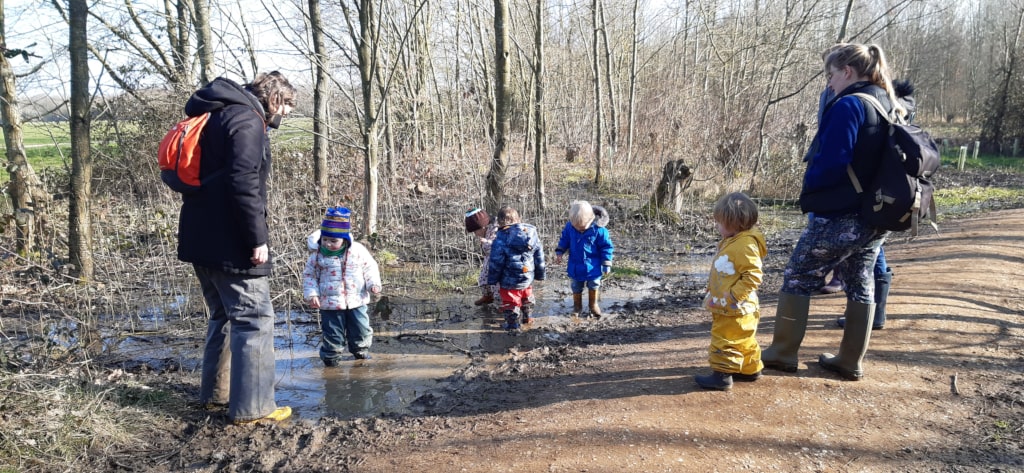If you have had an offer accepted on your dream home, you may be wondering what you need to do next.
Stage 1: Instructing A Conveyancer and Applying for a Mortgage
After your offer has been accepted, you will need to instruct a solicitor, legal executive, or conveyancer. They will handle the legal process of transferring the property to your name.
The conveyancer acting for the seller will prepare a legal information pack which will include a draft contract, a fixtures, fittings and contents form, a property information form, and the legal title to the property.
If you are buying the property with a mortgage, you will need to make a formal mortgage application. It’s important to do this as soon as possible to avoid any delays further on. The mortgage lender will arrange a valuation on the property to ensure the property is worth what you intend to pay for it.
Stage 2: Enquiries and Searches
When you buy a property, your conveyancer will raise enquiries relating to the property, to ensure you have all the information you need. However, your conveyancer will not advise on the physical condition of the property, so it is important for you to arrange a survey or any specialist reports such as electrical or damp reports. They will also review the title to the property, to check that the property has all the necessary rights and that there aren’t any covenants that might affect a buyer.
Your conveyancer will also apply for three different searches:
Local search: This will look at all information held by the local authority involving the property.
Water and drainage search: This confirms whether the foul and surface water drain to a public sewer and whether the property is connected to a mains water supply.
Environmental search: This establishes whether the property you are buying is built on or near contaminated land or water, or on an old landfill site. Sometimes additional searches may be required depending on the property.
Stage 3: Pre Exchange
Once the results for the various searches are received, replies to the enquiries raised, and confirmation of your mortgage offer, they will send you a report on the property and arrange for you to sign the contract. It is extremely important for you to read the report carefully, so you are aware of all the factors which affect the property you are buying.
Stage 4: Exchange of Contracts and Completion
Once the contract has been signed by both parties, the conveyancers will then ‘Exchange Contracts’ and the property transaction becomes legally binding. Completion can sometimes be on the same day as exchange, however if a mortgage is involved, you will usually need a week between exchange and completion. The completion day is the final part of the conveyancing process and is the day you get the keys to your new home.
This is a brief guide to buying a property. For more information about the process, or to request a quote, please call us on 01953 606351.















